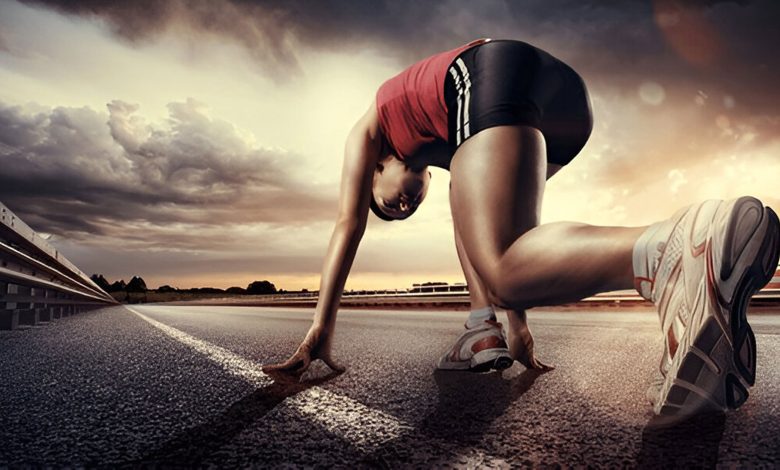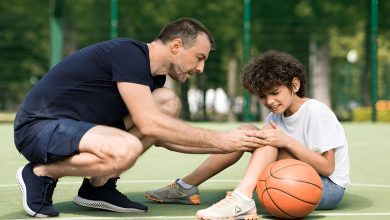Rural Sports Heroes of India You’ve Never Heard Of

India’s sports culture is centuries old, and its true form can be seen in villages. While players from cities grab media headlines, there are many exceptional players from rural India who perform amazingly despite lack of resources, but their names are not seen anywhere. In this article, we will discuss such unsung rural sports heroes, whose struggle, dedication and achievements are inspiring.
Status of sports in rural India
Sports are a part of the lifestyle in the villages of India. Indigenous games like Kabaddi, Kho-Kho, wrestling, Malkhamb and archery are traditionally played here. Most of the players practice on the basis of natural resources – no mud arena, no branded shoes, but their passion is no less than that of an Olympic athlete.
(1) Babita Nagar – Wrestler Champion of Haryana
Coming from a small village in Haryana, Babita Nagar won gold medals in national level wrestling competitions. She represented India in many international competitions, but the media never gave her as much attention as players from big cities get.
(2) Ramesh Kumar – Olympian of the soil
Ramesh Kumar from Bhiwani district of Haryana brought laurels to India in traditional wrestling. Without any modern facilities, he participated in the Asian Games and Commonwealth Games, but financial constraints pushed him back. Still, he continued to teach wrestling to the youth of the village.
(3) Laxmi Kumari – Archer of Jharkhand
Coming from the tribal area of Jharkhand, Laxmi Kumari made archery her life. She made her own bow from bamboo and won medals in state level competitions. But due to lack of sponsorship and government assistance, her career could not move forward.
(4) Raja Rao – Kho-Kho star from Andhra Pradesh
Raja Rao brought his village to the national level in Kho-Kho. He participated in many national games, but lack of sponsorship and low income left his dreams unfulfilled. Today he is training children in Kho-Kho in the village.
(5) Meena Devi – Weightlifter from Manipur
Meena Devi won many medals in weightlifting at the state level despite living in a mud house. Even today she performs in rural fairs by lifting 40 kg weight with one hand. Her dream is that girls like her should get government training.
The problems of these players
Lack of training: Most rural players are deprived of coaching and fitness training.
Lack of government support: Most do not get any scholarship or sponsorship.
Lack of media attention: Their stories of struggle and success remain confined to the villages.
Lack of facilities: Proper grounds, shoes, diet, medical support — nothing is available.
Inspiration from these heroes
The spirit of struggle: These players do not give up on their dreams even with limited resources.
Patriotism: Every player dreams of raising the Indian flag.
Dedication: Practicing day and night, moving forward without any holidays and without any fatigue.
Role of government and society
Sports Scholarships: Special scholarships should be introduced for rural sportspersons.
Local Tournaments: More competitions should be organised at the village level to nurture talent.
Media Coverage: Media should focus on grassroots players and not just star players.
CSR and NGO Support: Companies should support such sportspersons under Corporate Social Responsibility (CSR).
New opportunities in social media and digital age
Now is the era of social media, and it can become a big platform to spread the stories of rural players to the world. Here are some examples:
YouTube channels like “Khel Village India” or “Sports Talent India” have given a platform to many such players.
The story of a wrestler who went viral on Instagram got him a sponsor.
Conclusion
India’s real sports power is hidden in the villages. The players there neither run after name nor money, their only dream is to play and make the country proud. We need to give a platform to such heroes. Because these people are the real sports gems of India.
If we recognize these unsung heroes, support them, then India’s sports future can be even brighter.

